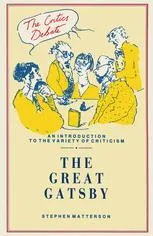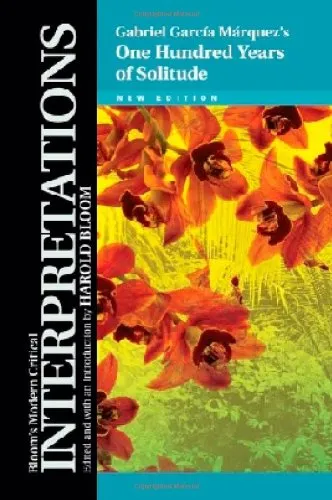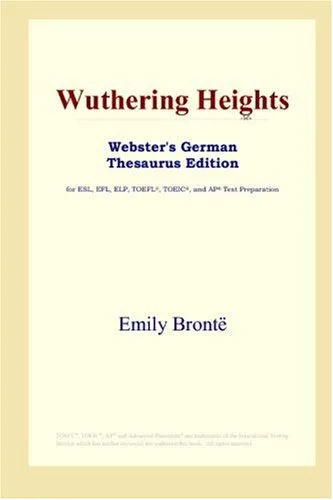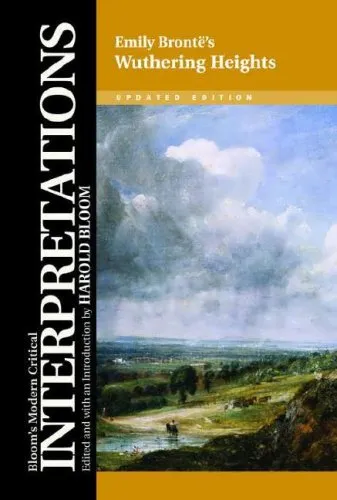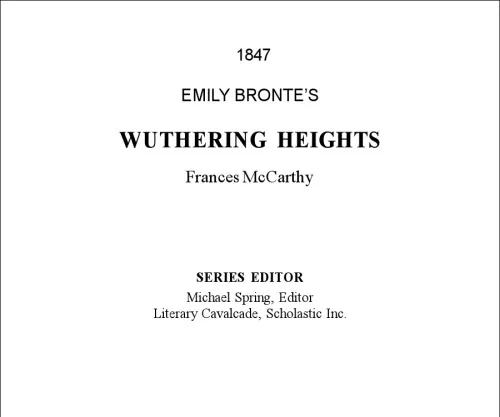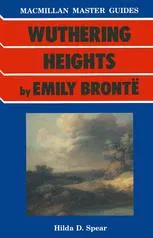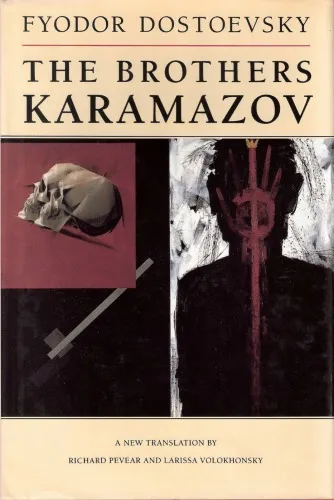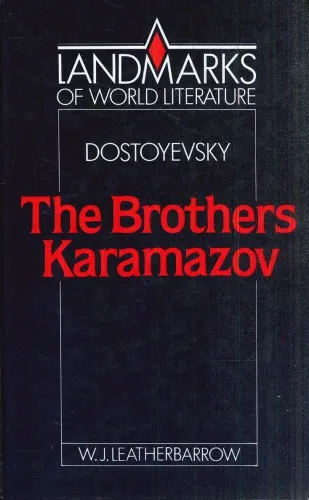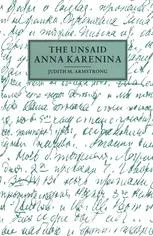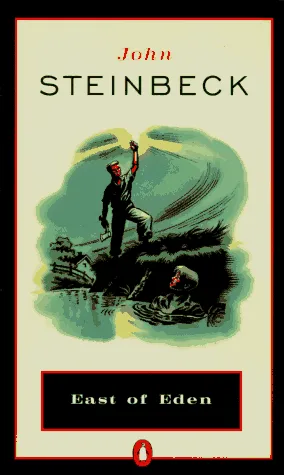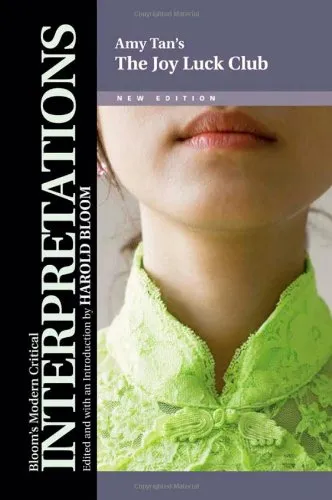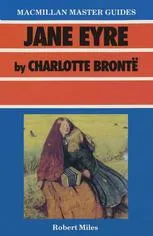Bronte's Wuthering Heights
4.2
Reviews from our users

You Can Ask your questions from this book's AI after Login
Each download or ask from book AI costs 2 points. To earn more free points, please visit the Points Guide Page and complete some valuable actions.Related Refrences:
Persian Summary
Introduction to Bronte's Wuthering Heights
Emily Bronte's "Wuthering Heights" is a timeless piece of 19th-century literature that captures the complexities of human emotions, unyielding passion, and the impact of vengeance. This novel is renowned for its dark and stormy settings, haunting themes, and multifaceted characters, and it has remained a staple in literary studies for its intricate exploration of human nature and morality.
Detailed Summary of the Book
Set on the Yorkshire moors, "Wuthering Heights" is a tale of two families, the Earnshaws and the Lintons, intertwined by spiraling passions and untamed spirits. The narrative is primarily relayed through the perspective of Mr. Lockwood, a tenant at Thrushcross Grange, and the housekeeper, Ellen "Nelly" Dean, who recounts the turbulent history of Wuthering Heights to him.
The story begins with the arrival of a mysterious orphan named Heathcliff, brought to Wuthering Heights by Mr. Earnshaw. He develops a deep, intense bond with Earnshaw's daughter, Catherine. Their relationship, however, is marred by social constraints and personal flaws. As Catherine opts for a more socially advantageous marriage to Edgar Linton, Heathcliff’s despair turns into a quest for revenge against those who betrayed or belittled him.
The novel’s structure is a complex web of flashbacks and tangled relationships, as Heathcliff’s revenge extends beyond his lifetime, affecting the lives of the next generation. The story's tragic elements emphasize the destructive power of love and vengeance, encapsulated in the turbulent, unforgiving landscape of the moors.
Key Takeaways
- The destructive potential of obsessive love and vengeance: The novel portrays how unchecked emotions can destroy lives, families, and communities.
- The struggle between social class and personal happiness: Characters confront the constraints society places upon them, often at great personal cost.
- The complex nature of human morality: Bronte paints characters in shades of grey, challenging readers to explore the moral ambiguities and motivations driving each one.
Famous Quotes from the Book
"Whatever our souls are made of, his and mine are the same." – This quote illustrates the deep, intrinsic connection between Catherine and Heathcliff.
"I am Heathcliff! He's always, always in my mind; not as a pleasure, any more than I am always a pleasure to myself, but as my own being." – This highlights the profound, albeit destructive, nature of Catherine's feelings for Heathcliff.
Why This Book Matters
"Wuthering Heights" stands as a monumental work of literature for its bold, unflinching exploration of love and revenge. Its rich thematic content and gothic elements captivate readers, whilst the complex portrayal of characters continues to provoke thoughtful discussions on human nature and morality. It challenges social conventions and introduces intense personal struggles within its narrative, making it both a product of its time and a timeless reflection on the intricacies of the human spirit.
The novel's innovative narrative structure and raw emotional depth contribute to its status as a pioneering work of gothic fiction. Emily Bronte's unique artistic vision and emotional insight render "Wuthering Heights" not merely a story, but an experience that resonates deeply with readers across generations. It remains a compelling study of the human psyche and the tumultuous forces of love, hate, and redemption.
Free Direct Download
You Can Download this book after Login
Accessing books through legal platforms and public libraries not only supports the rights of authors and publishers but also contributes to the sustainability of reading culture. Before downloading, please take a moment to consider these options.
Find this book on other platforms:
WorldCat helps you find books in libraries worldwide.
See ratings, reviews, and discussions on Goodreads.
Find and buy rare or used books on AbeBooks.
1515
بازدید4.2
امتیاز0
نظر98%
رضایتReviews:
4.2
Based on 0 users review
Questions & Answers
Ask questions about this book or help others by answering
No questions yet. Be the first to ask!

